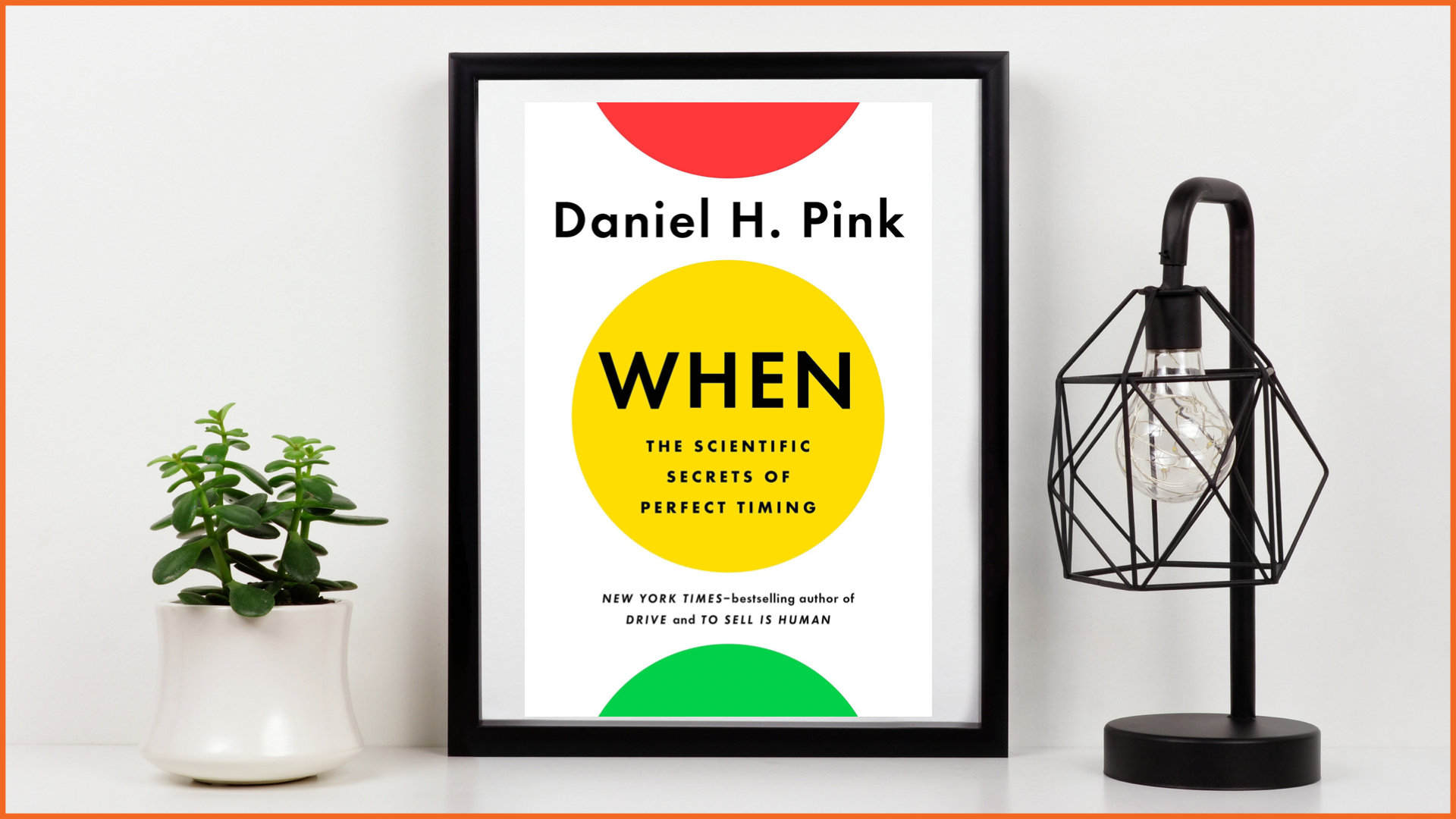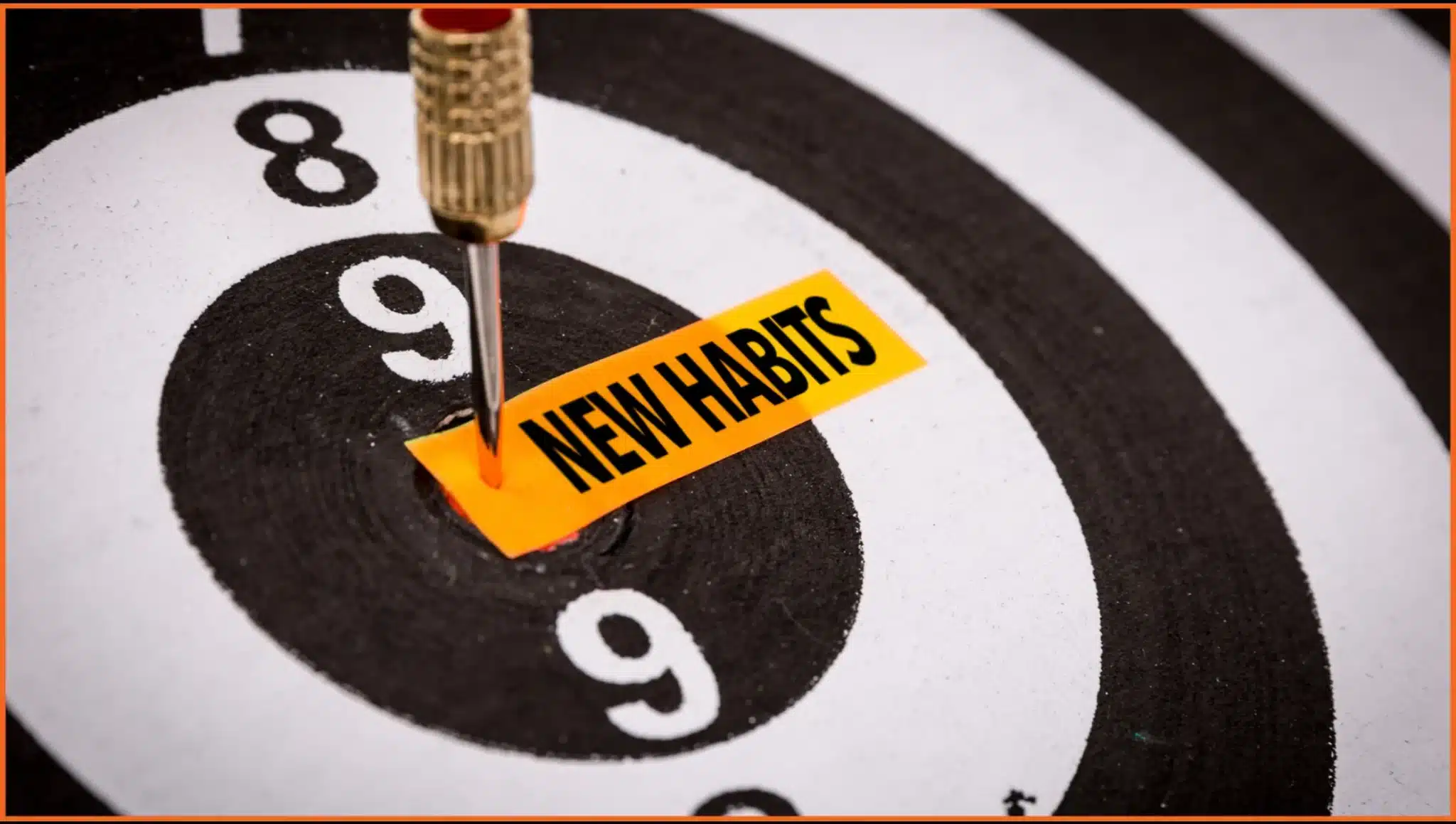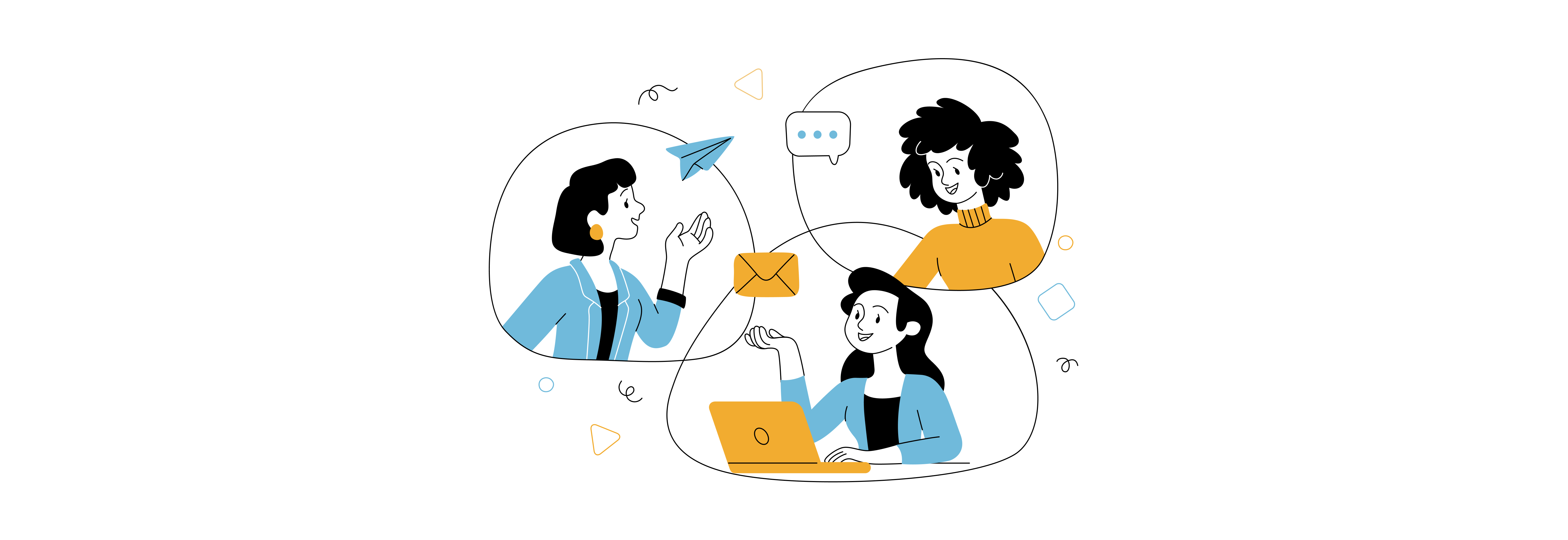Do you make a to-do list and plan your day?
If yes, then is it helping or do you feel demotivated at the end of the day?
It was the latter for me. I am someone who would regularly plan my day, to the last minute. But most of the time, I found myself unable to archive my set goals. I used to blame myself and feel guilty about wasting time. This continued till one fateful day. I got the chance to attend an extremely insightful experiential session by one of my colleagues. The session was based on ‘Why,’ a best selling book by Daniel Pink. It was such an engaging session that I even picked up the book, soon after.
The book is about the science of timing. It breaks down the science of time. A concept so simple, yet so revolutionary that it completely blew my mind.
The book talks about the art of planning your day to maximise productivity. The concepts shared will allow you to pick the best time for all your chores. From the hours you spend working to even your coffee break.
It’s concise, and is relevant for everyone. One of the best parts about this book is how actionable the content is. He presents the science and even indulges in relevant stats. And only then does he move on to provide simple, yet revolutionary hacks in every single chapter.
There are numerous number of examples and actionable points in the book. However, I would like to focus on just the three that stood out the most, for me.
The hidden pattern of everyday life
Table of Contents

If I asked you to divide your day into three parts, you’d most likely answer – morning, afternoon, and evening.
Pink explains it beautifully when he says –
“We are smarter, faster, dimmer, slower, more creative, and less creative in some parts of the day than others.”
We go through this cycle multiple times during the day. For most of us, our mood follows a common pattern : a peak, a trough, and a rebound.
In the mornings, during what can be called the peak, most of us excel at analytic work that requires sharpness, vigilance, and focus.
Later in the day, during the recovery phase, we are better off doing tasks that requires less inhibition and resolve.
The main objective of this book is to enable you to figure out your individual pattern. This can allow you to complete the most important tasks during the peak mode. What’s important to remember, is that the peak mode doesn’t necessarily always mean morning. It varies from people to people.
Pink goes on to divide individuals into three distinct categories, based on our internal clocks –
- The lark : Individuals who love to get up early are called the Larks. They tend to have all their emotional highs and lows a few hours earlier than most people.
- The owl : If you are someone who hates getting up early, you my friend, are an owl. You probably can only start working actively in the late evening.
- The third bird : This refers to the majority of population, including me; the Aam Janta or ’mango people.’ We experience our peak hours neither too late, nor early. But rather, we tend to follow a fairly standard pattern.
Numbers show that more than 50% of people fall under the last category. Once you can figure out which category you fall under, you will be able to manage your day much better.
2. Regular breaks help you save time, not lose it

Every day, alongside your list of infinite tasks, make a list of the breaks you’re going to take.
Dan suggests starting with three breaks per day. It is important that you schedule your breaks, their duration, and even what you plan to do during them. Even better, add the breaks into your phone or computer calendar. This will allow one of those annoying pings to keep you on track.
Another brilliant hack that Dan shares is appropriately called the ‘nappuccino.’
Ideally after lunch, you have a coffee, set your timer to 20 minutes and take a short nap. It takes an average seven minutes for a person to fall asleep. And, research has also shown that it takes about 20 minutes for caffeine to fully kick in.
Thus, this well timed nap will allow you to wake up a little later, fully refreshed and ready to go!
Premortem

The book also talks about ways to improve your organisational capabilities. One of my most favourite concepts that Dan talks is the art of starting right.
How do you that?
Dan says that before a new project begins, convene with your team for a ’premortem.’ Ask them,
Assume it’s eighteen months from now and our project is a complete disaster. What went wrong? By imagining failure in advance, by thinking through what might cause a false start. you can anticipate some of the potential problems and avoid them once the actual project begins.”
With ‘premortem,’ you can prepare well and even avoid a host of speedbumps on the way. This habit will not only help you excel at your professional goals, but also help improve your personal decisions.
This brings us to the end of this blog. And it still feels like I have just covered about 15% of the book. But, I also hope that this blog inspires you to pick this book up, for yourself. This is one book that I feel everyone, regardless of their age, gender, or occupation, should read. The concepts explained, when embraced, are bound to change your life for the better.
Do share your thoughts on my article, as well as, the book. I look forward to hearing from you.










